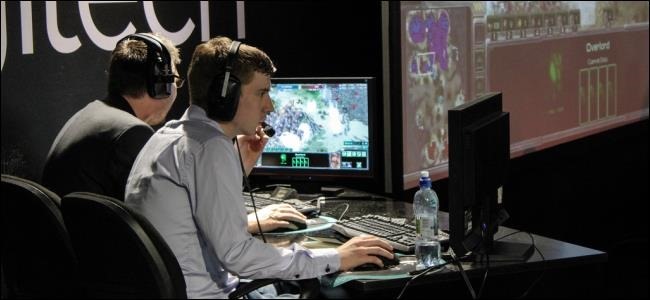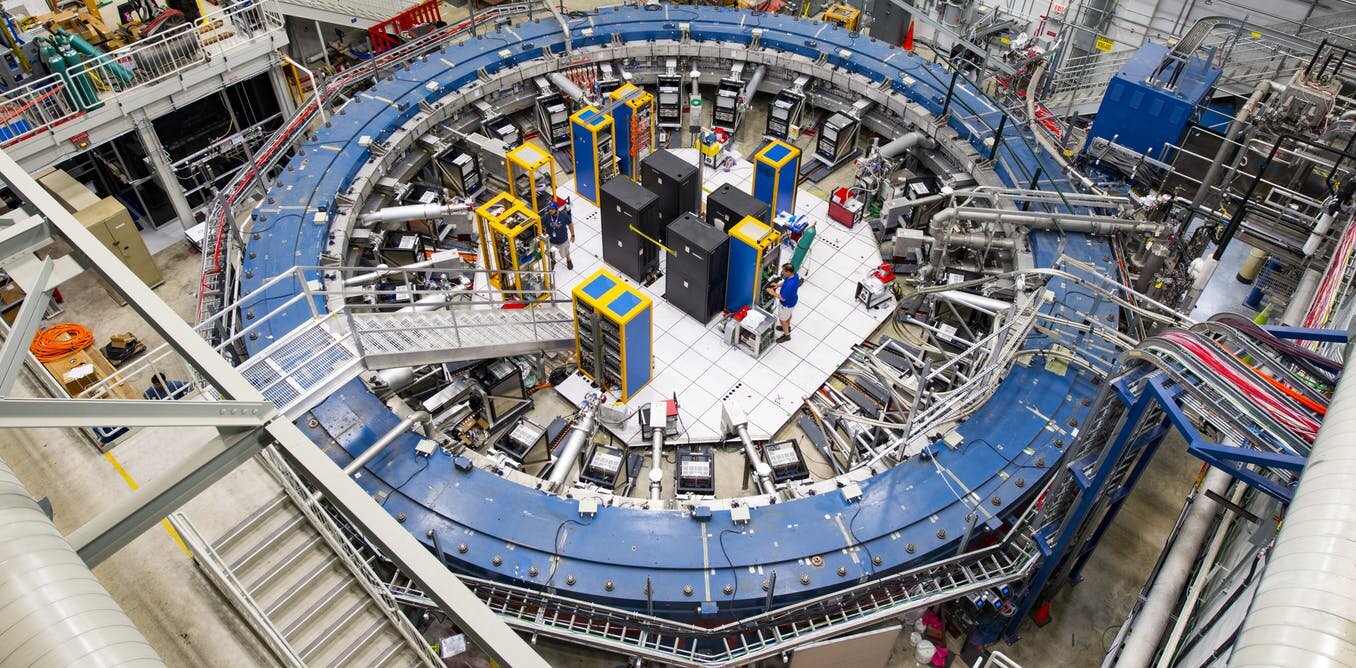Every year, we set a goal of how much RAM is required to play the latest and greatest PC games. Last time we concluded that 8GB should be the minimum standard while 16GB is preferred. But it is not necessary for general use or gaming.
A year later, we wonder if this is still true. But we’ve seen some games sneak up to 8GB of allocated memory, so it’s worth rethinking.
This is the smallest comment from last year’s article: “… System Memory hit a new low in 2016, which is very accessible even when budget is made”.
Of course, that’s not going to happen now, so we doubt that those of you with 8GB of memory will do it until next year when prices drop.
On a recent trip, we reviewed several applications and found that memory usage varies greatly, so what you do with your PC will decide what you want for it. How much memory
For basic office tasks, 8 GB should be enough for content creation, more marrier – 16 GB when working with 4K video is the lowest in Premiere Pro.
It is difficult to pinpoint the effect on RAM capacity due to all the factors affecting the game. Before we can get results, we would like to discuss some challenges while testing the system memory capacity.
The first and perhaps most challenging to test RAM capacity is to choose the right hardware.
The video card you are using can affect the amount of memory required for smooth gaming. Your storage speed may affect performance.
For example, the GTX 1060 3GB will often see higher system memory usage than the 6GB model because when VRAM runs out in the past, it will use system memory.
If you are running out of system memory, some game content will be moved to internal storage, hopefully SSDs, and depending on how fast the drive is and how much data is affected. You may or may not see a significant drop in frame rate.
Therefore, testing GTX 1080 Ti and 11GB VRAM buffers with super fast NVMe SSDs may not be the best way to determine how much system memory your average gamer needs.
We also believe that if you have a $ 700 graphics card and the same price primary storage, then buying 16GB or more of RAM is not a problem.
There are other factors to consider. Memory speed can also affect the results obtained with the fastest memory. I think HBM cannot make up for the lack of storage capacity. But in some cases, when working with large amounts of cracked data, it can help avoid slowing down the data. Moving in and out of system memory is faster.
Quality settings used in games can also affect results. If you are using the GTX 1060 3GB, but are happy to change things in a medium quality setting like texture, which reduces the amount of data. As well as system memory
With all of this in mind, we’ve tested many different hardware configurations, and we’re going to show you how they all affect performance.
However, we quickly ran into another issue, trying to show FPS differences between different hardware configurations.
The benchmark pass is usually 30 to 60 seconds and is triggered multiple times. This means that the system only has the opportunity to continuously cache and store the data we have in high speed memory.
So while the first run results in a dangerously low 0.1% or 1% framing number can be seen. But it can be improved a lot on the second run and then on the third run. Showing a three run average can be misleading.
The best solution we have to fix the issue is to run each benchmark, then reset the entire system, reload the game, and play the next pass. This means that there is no chance of a 30 second pass being cached.
The benchmark is the sum of 60 seconds, but we only report the frame rate for the last 30 seconds.
It mimics what you see when playing a real game, as the software can still load content for the first 5–10 seconds you play and even drop frames on a computer with enough system memory.
Basically, the solution to this problem is to run the benchmark once, discard those results and then run it three times. At that point, you will get an average of three runs. This method is not useful for measuring the effect of memory capacity.
Finally, benchmarks aside, a good indicator to calculate how much memory you need to play the latest games is to check memory allocation.
This cannot be wrong. But it gives us a good idea of how much system memory the game needs to avoid running slower. The hardware used will again affect the amount of system memory.






